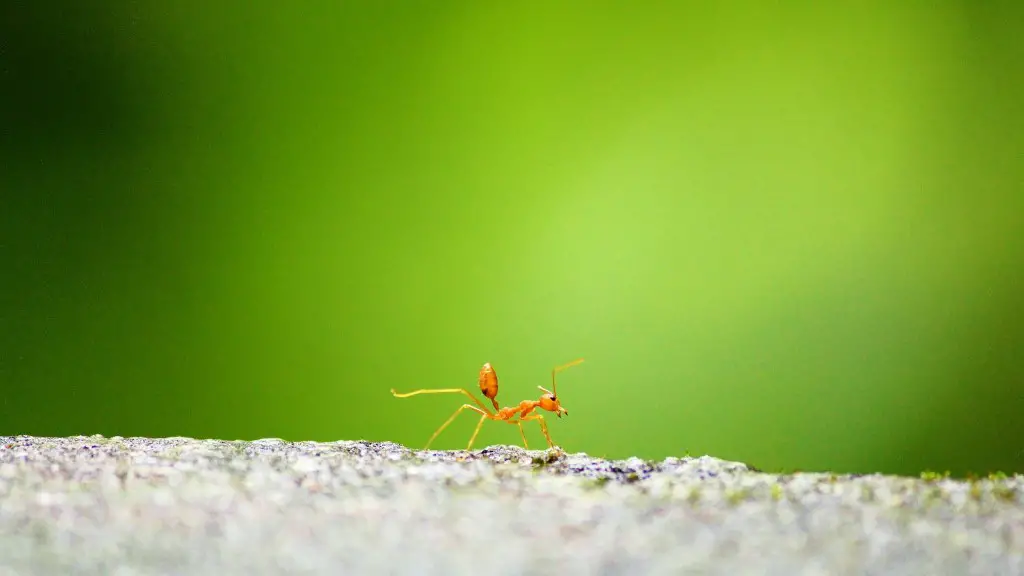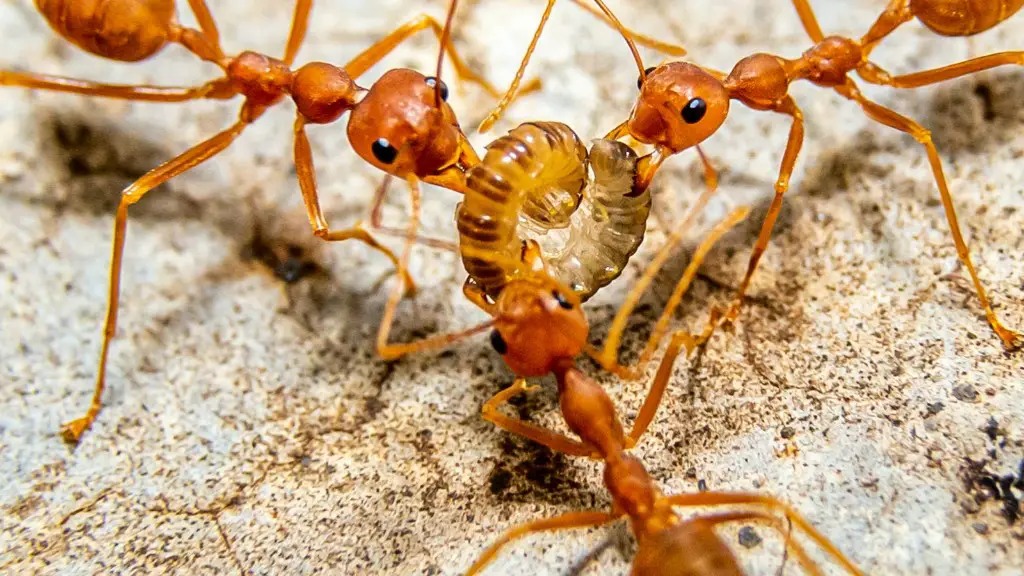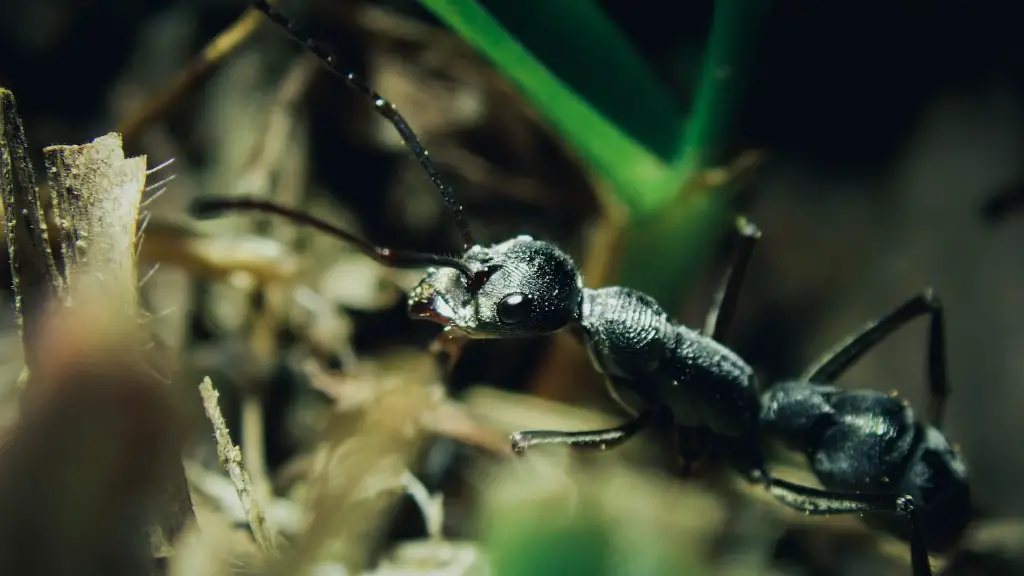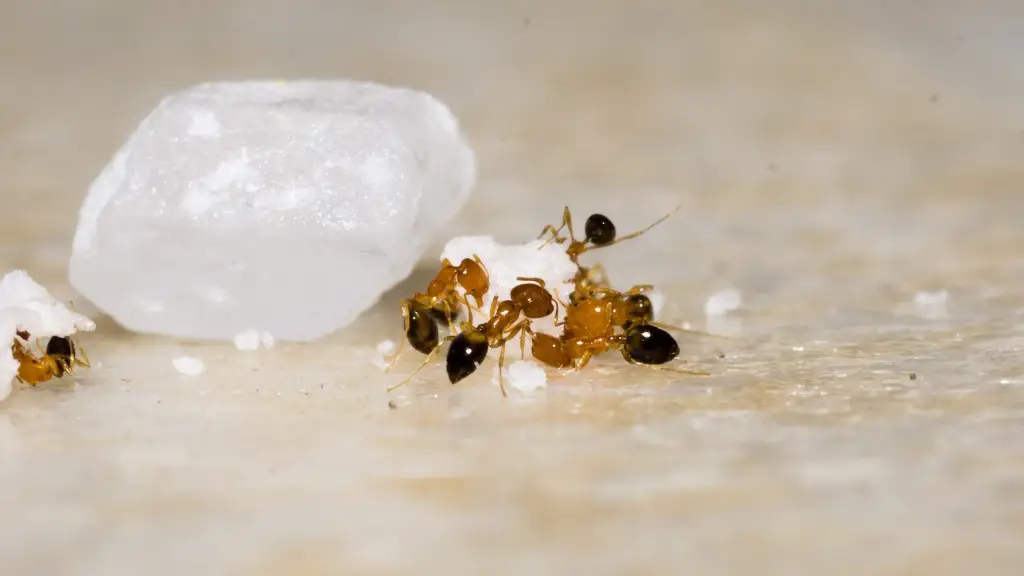Natural Remedies for Sugar Ants
Are you dealing with a sugar ant infestation in your pantry? While these little pests may seem harmless, they can wreak havoc on your home’s food supply and create an unwanted presence. There are several natural remedies and methods you can use to get rid of sugar ants from your pantry. Let’s look at some of them!
Disposal of Food Sources and Access Points
The first step in controlling a sugar ant infestation is to identify and eliminate food sources and access points. Sugar ants feed on sugary substances, such as cookies, candy, syrups, and honey. Therefore, all of these items should be disposed of, or stored in tightly sealed containers. Additionally, check for small gaps in windows and doors where ants can enter, and seal these up with a silicone-based caulk.
Borax Solution
Borax is an effective ingredient for getting rid of sugar ants. To create a Borax solution, mix equal parts Borax and sugar in a small bowl. Then, place small piles of this mixture in areas where you have noticed ant activity. Be sure to keep pets and small kids away from this mixture, as it can be harmful if consumed. The sugar will attract the ants, while the Borax will kill them upon ingestion.
Vinegar Spray
Another effective remedy for getting rid of sugar ants is a vinegar spray. Fill a spray bottle with equal parts vinegar and water, and then spray the ants and their entry points. The acidic properties of the vinegar will repel and deter the ants, preventing them from entering your home. Additionally, you can combine vinegar with essential oils, such as peppermint and tea tree, to increase its potency against the ants.
Mint Leaves
Mint leaves are a natural deterrent for sugar ants. Spread crushed-up mint leaves around entry points, and the strong smell will repel the ants and prevent them from entering your home. You can also sprinkle mint leaves in areas where you have noticed ant activity, to discourage them from entering those areas. Additionally, mint leaves have an added benefit of providing a pleasant aroma in your pantry.
Diatomaceous Earth
Diatomaceous earth is an effective way to eliminate sugar ants naturally. As it is composed of sharp microscopic particles, when sugar ants come into contact with it, it will cause their exoskeleton to tear. Sprinkle an even layer of diatomaceous earth in areas where you have noticed ant activity, and the ants will be eliminated upon contact. Be sure to keep pets and children away from diatomaceous earth, as it can be harmful if inhaled or ingested.
Inspection of Nearby Sources
Inspecting nearby sources is key to ensuring that ants do not return to your pantry. Look for any potential sources of food that could be attractive to ants, such as food residues or other sugary items. Also, look for any access points, and seal them with caulk or other materials. Lastly, be sure to practice good hygiene and keep your pantry clean to prevent ants from returning.
Baiting and Traps
Baiting and traps are a great way to eliminate an ant infestation. You can buy bait stations online, or make a homemade bait by combining equal parts baking soda and sugar. Place the bait near ant activity, and the ants will feed on it and die upon ingestion. Additionally, you can place ant traps in areas where you have noticed ant activity. These traps will attract the ants, and once they enter the trap, they will be unable to escape.
Outdoor Remedies
Since sugar ants often enter a home through open openings, it is important to take measures to eliminate them outdoors. You can use the same remedies as mentioned above, such as Borax, vinegar, mint leaves or diatomaceous earth. Additionally, inspect any nearby sources of food and trash, and make sure to store them in tightly sealed containers. Keeping your yard free of debris and overgrowth can also help reduce sugar ant activity.
Using Professional Pest Control Services
If natural remedies are not working, or if you have a large infestation, it may be best to contact a professional pest control service. These services can provide more targeted treatments and eliminate the ant infestation quickly and effectively. Additionally, a professional pest control company can help to identify hidden sources of food and access points, and provide advice on preventing future infestations.
Using Repellents
In addition to natural remedies, you can also use repellents to keep sugar ants away from your pantry. Repellents contain essential oils and other natural ingredients that can deter and repel ants. These repellents can be sprayed directly on ants, or spread on plants and other areas of your home. They are an effective way to keep ants away from your pantry, while also providing a pleasant scent.
Benefits of Natural Remedies
One of the advantages of using natural remedies to get rid of sugar ants is that they are safe and effective, without posing a risk to humans or pets. Additionally, since natural remedies are non-toxic, they will not harm the environment and can be used on a regular basis. Also, natural remedies are more cost effective than professional services, and can be found at most home improvement stores and online.
Advantages of Professional Pest Control
The biggest advantage of using professional pest control services is that they can quickly and effectively eliminate an ant infestation. Additionally, these services can provide personalized advice on how to prevent future infestations, helping to keep your pantry ant-free. Professional pest control services also use safe and effective methods, so you don’t have to worry about putting your family at risk.
Preventing Future Infestations
To prevent future sugar ant infestations, practice good hygiene and keep your pantry clean. Wipe down shelves, sweep and mop the floors, and store all food items in tightly sealed containers. Additionally, inspect your pantry for possible access points, and seal any gaps or cracks with a silicone-based caulk. Lastly, regularly inspect nearby sources of food and dispose of them appropriately.



